Business Service
Content Type
Sort By
Domestic Moving

Blog
Read More
The Pros and Cons of Professional Movers vs. DIY Moving
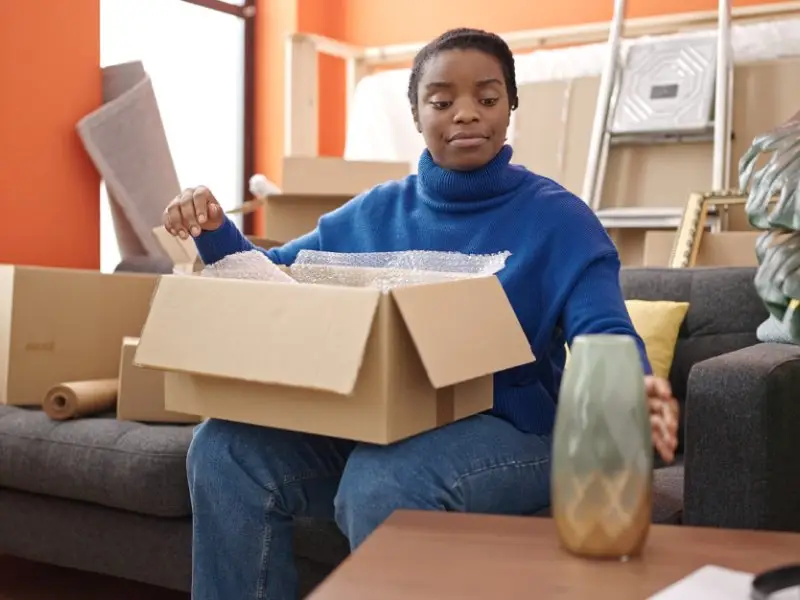
Blog
Complete Guide to Moving Challenges Suddath Can Solve
Read More
Blog
How to Finance a Long-Distance Move
Read More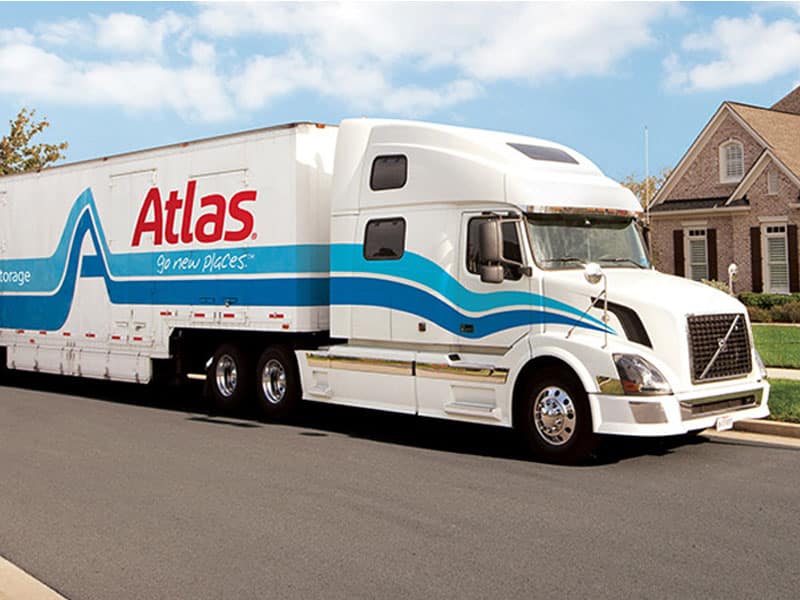
Blog
How Much Do Long-Distance Dallas, TX Movers Cost?
Read More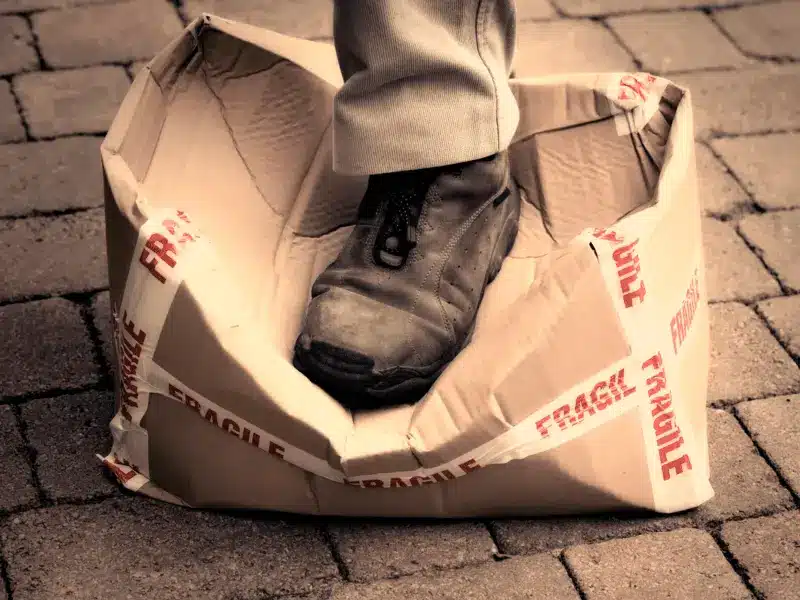
Blog
Identifying the Worst Moving Companies: The Red Flags to Look Out for and How to Protect Yourself
Read More
Blog
The Ultimate Guide to Moving to Sarasota, FL
Read More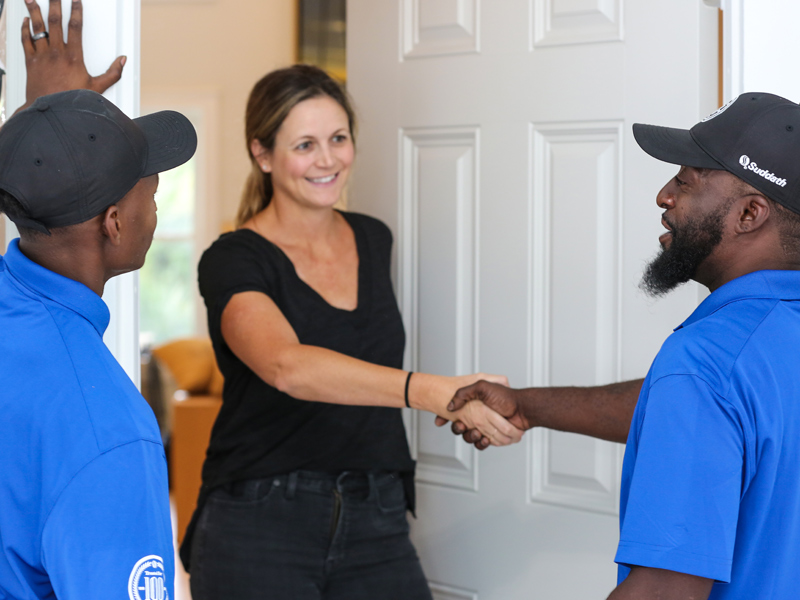
Blog
How Much Do Local Movers Cost? Factors To Consider
Read More
Blog
The Ultimate Guide to Moving to Winter Park, FL
Read More
Blog
Atlas Van Lines: What Does it Mean to be an Agent for Atlas?
Read More
Blog
10 Most Commonly Forgotten Tasks
Read More
Blog
Where is the Safest Place to Live in Jacksonville, FL?
Read More
Blog
Guide to Moving to St. Augustine, Florida
Read More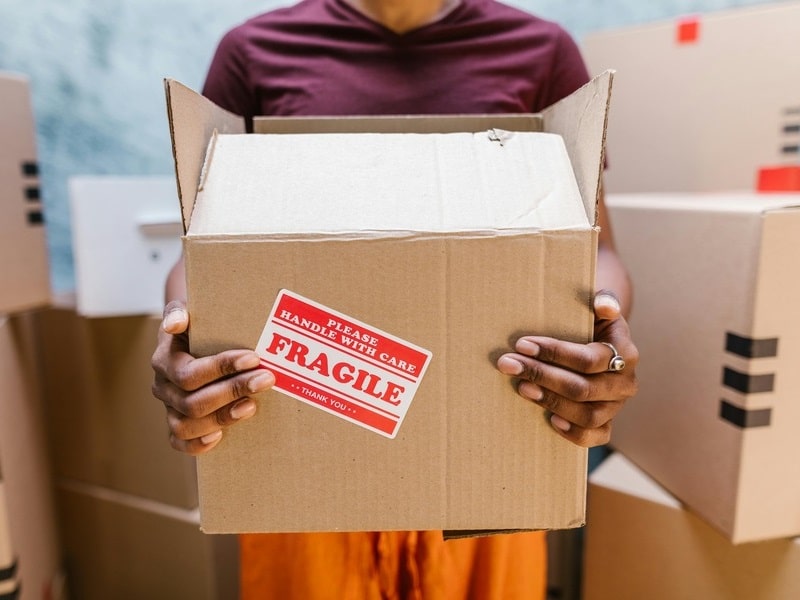
Blog
How Much Do Movers Cost?
Read More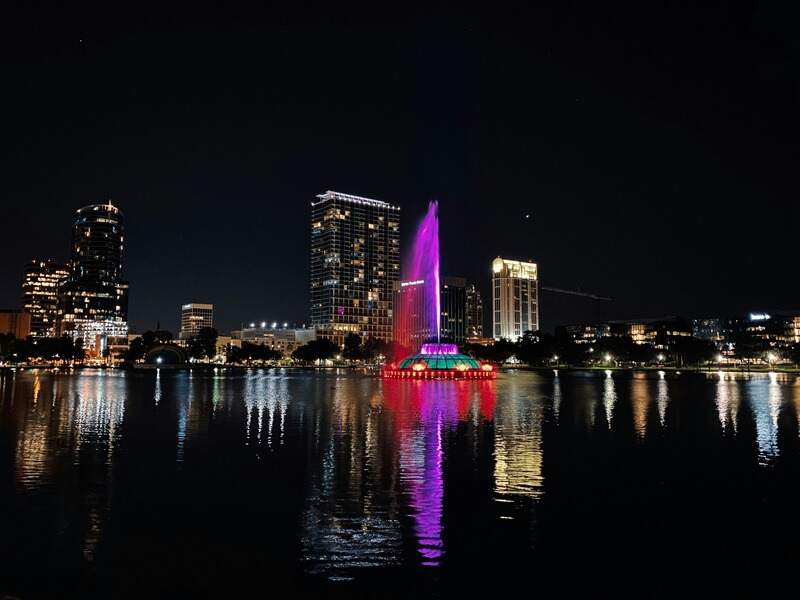
Blog
Moving to Orlando on a Budget
Read More
Blog
What is the Most Affordable Way to Move to Jacksonville, FL?
Read More
Blog
The Pros and Cons of Living in Jacksonville, FL
Read More
Blog
Moving to Jacksonville Beach, FL? Read our Ultimate Moving Guide
Read More
Blog
Things to Know Before Moving to Dallas-Ft. Worth
Read More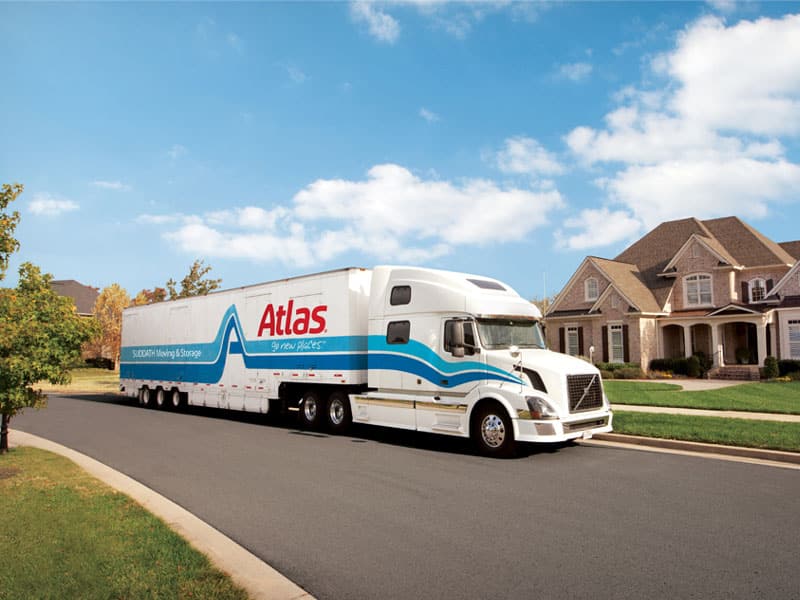
Blog
2023 Atlas Migration Patterns Study: Where is America Moving?
Read More
Blog
6 Steps to a Perfect Real Estate Referral Thank You Note
Read More
Blog
Next Gen Marketing: How Young Realtors are Finding New Clients
Read More
Blog
5 Top Questions Realtors Are Asking About Moving (and One They Should Be)
Read More
Blog
5 Ways to Fall in Love with Your New Home
Read More
Blog
When is the Best Time to Relocate to Jacksonville, FL?
Read More
Blog
Nine Things to Know Before Moving to Jacksonville, FL
Read More
Blog
Moving Study: Americans are Still Looking for Their Forever Home
Read More
Blog
Ten Reasons Why Moving to Jacksonville, FL is the Right Move for You
Read More
Blog
5 Photography and Videography Tips for Staging Your Home to Sell
Read More
Blog
5 Ways to Celebrate National Homeownership Month
Read More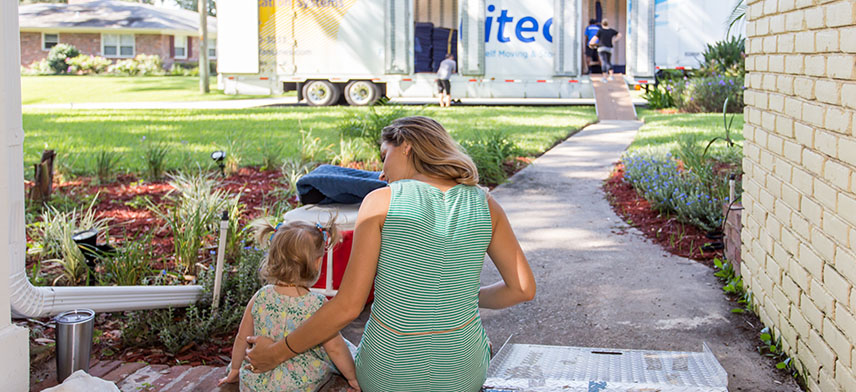
Blog
Ultimate Guide to Moving to Hawaii from the Mainland
Read More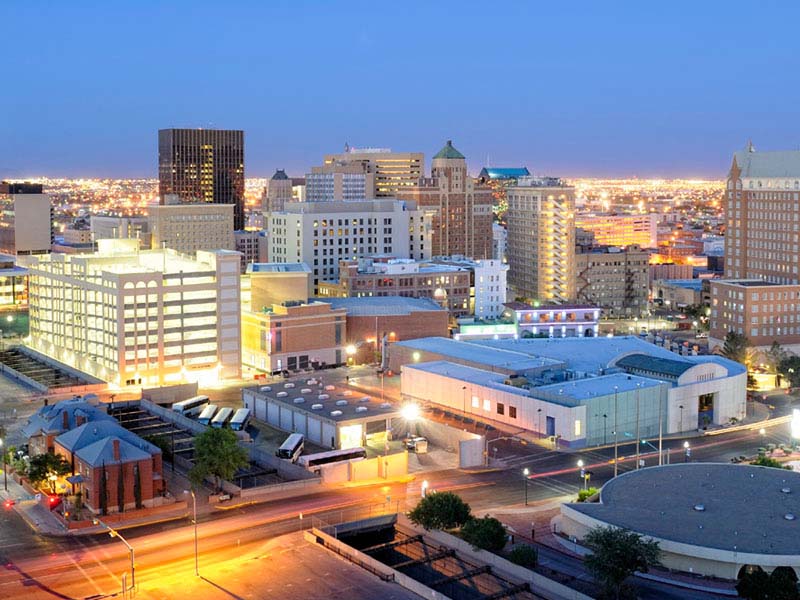
Blog
The 8 Best Things to Do in El Paso
Read More
Blog
The 6 Best Things to Do in San Antonio
Read More
Blog
8 Amazing Reasons to Move to Houston, Texas
Read More
Blog
Best Places to Live in Austin, TX
Read More
Blog
Minneapolis Moving on a Budget
Read More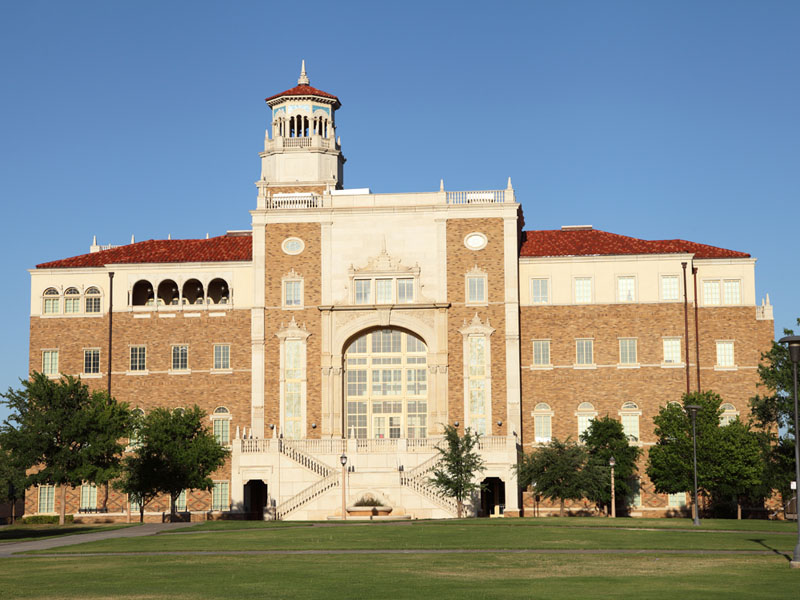
Blog
7 of the Best Things to Do in Lubbock, Texas
Read More
Blog
Important Things to Know Before Moving to Minneapolis
Read More
Blog
7 Important Things to Know Before Moving into Your Los Angeles Apartment
Read More
Blog
When Is the Best Time for Your Local Fort Lauderdale Move?
Read More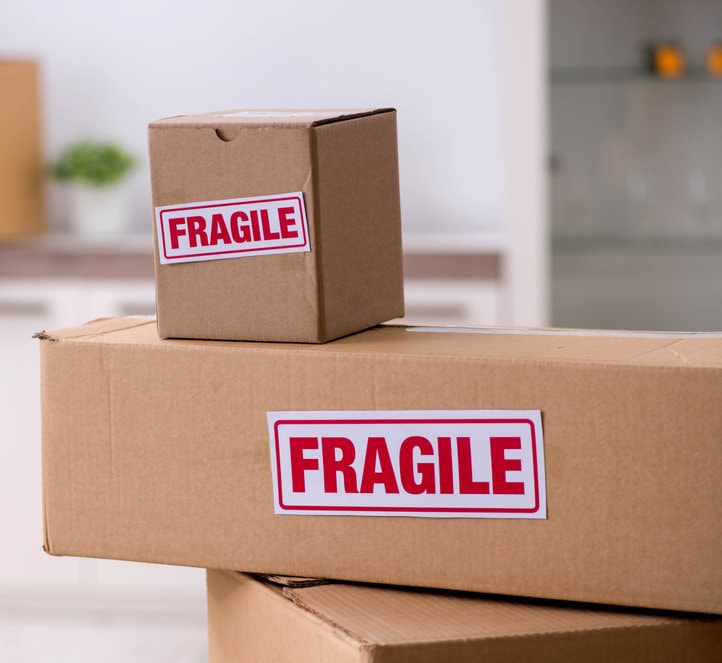
Blog
Tips for Packing Fragile Items for Your Local Fort Lauderdale Move
Read More
Blog
Unique Housewarming Gifts for A New Home
Read More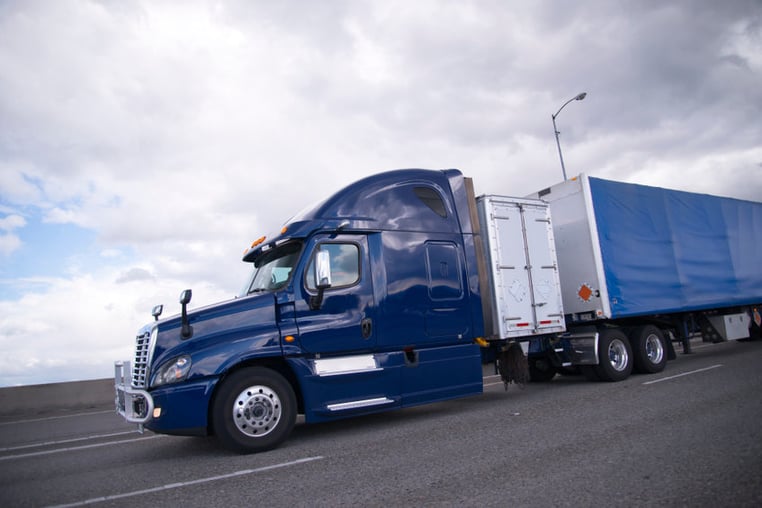
Blog
Common Long-Distance Moving Mistakes and How to Avoid Them
Read More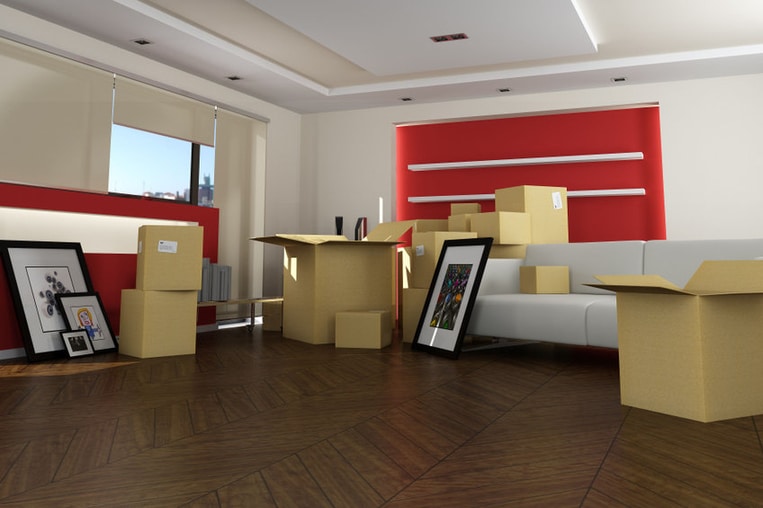
Blog
Things to Do After Your Local Tampa Move
Read More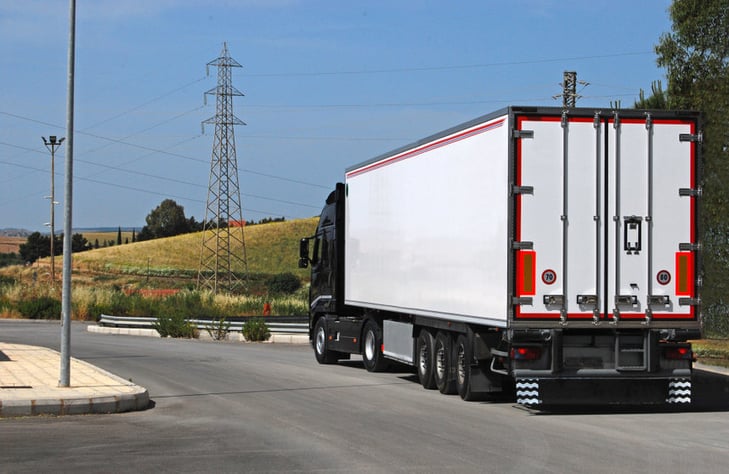
Blog
Spot These Red Flags with Long-Distance Moving Companies
Read More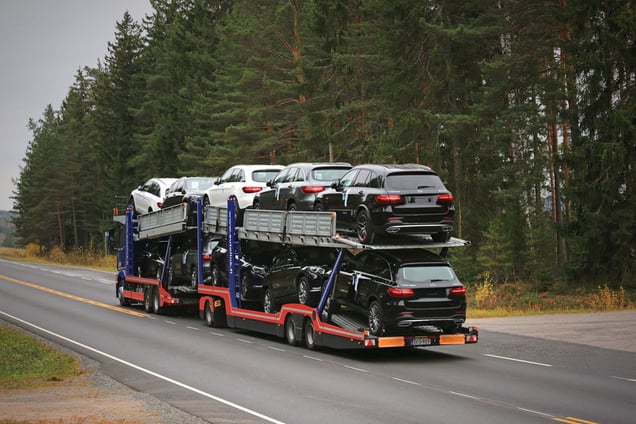
Blog
Transporting Your Car, Motorcycle or Boat to Your New State
Read More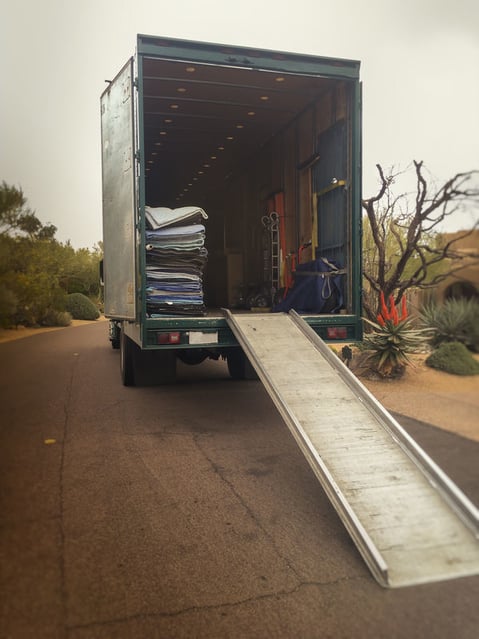
Blog
Considering a DIY Local Move in Tampa? What to Know
Read More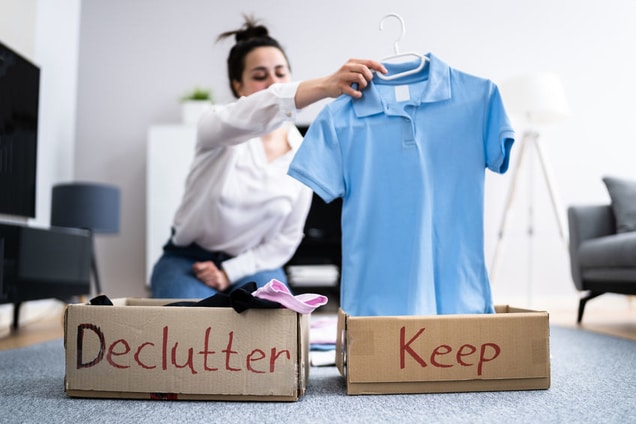
Blog
Decluttering and Downsizing Makes Sense for a Long-Distance Move
Read More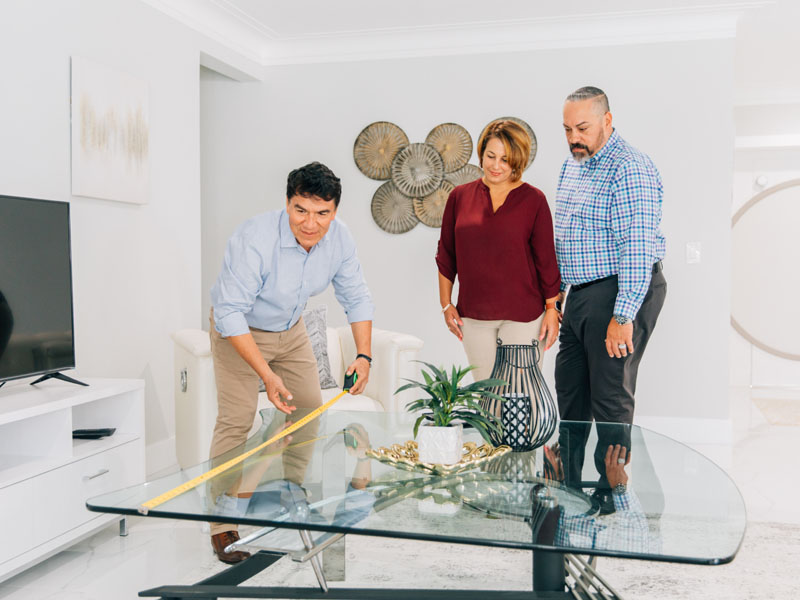
Blog
The Price of Everything is Going Up – So How Does it Affect Home Buyers and Moving?
Read More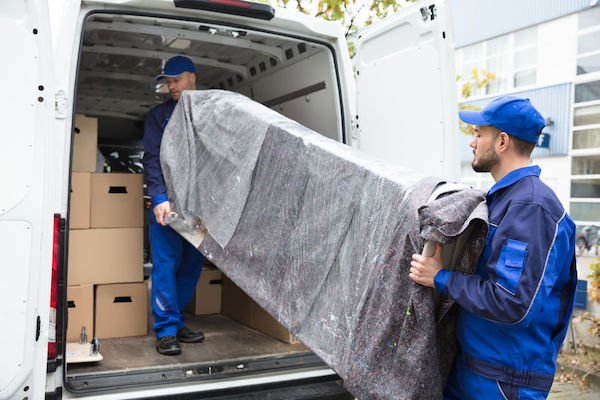
Blog
Flexible Storage Options When Moving Across the Country
Read More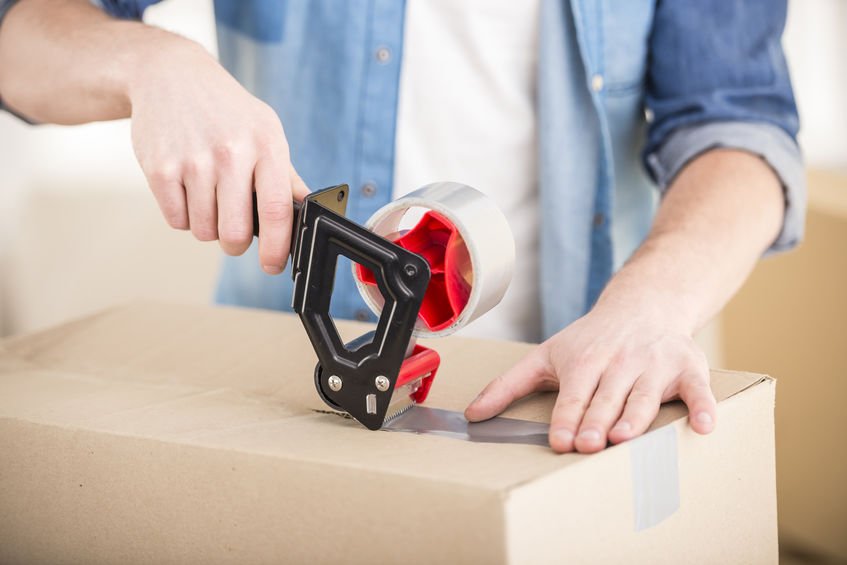
Blog
How to Pack for a Long-Distance Move
Read More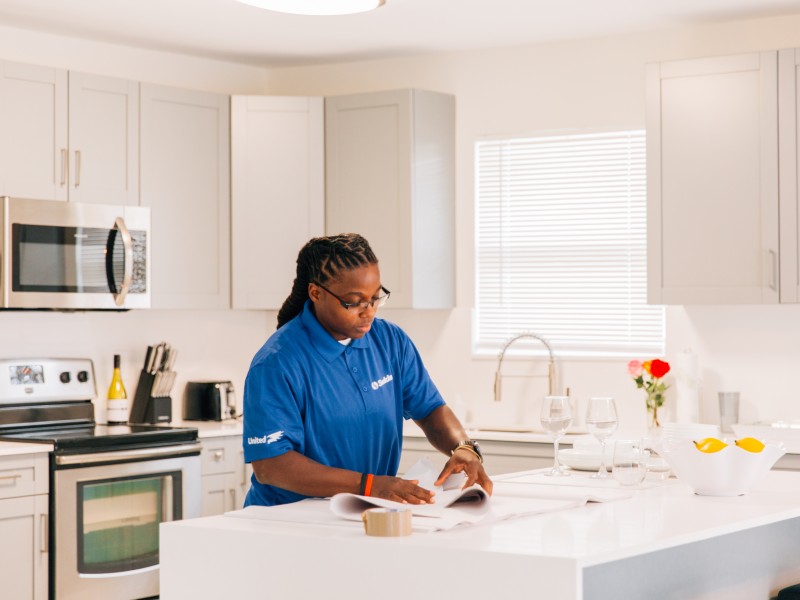
Video
How to Wrap a Wine Glass and a Wine Bottle
Read More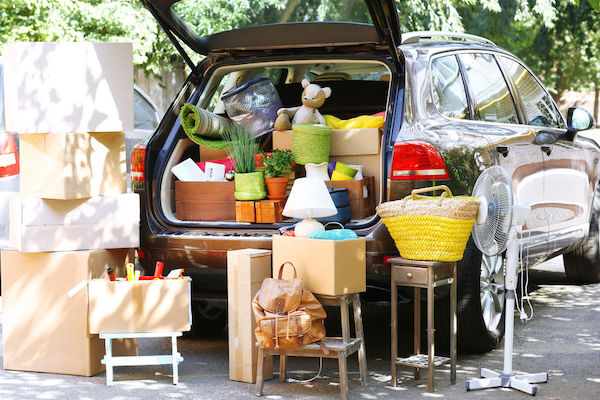
Blog
How Storage Services Can Make Your Miami Local Move Easier
Read More
Blog
7 Tips for a Smooth Move to Miami, FL
Read More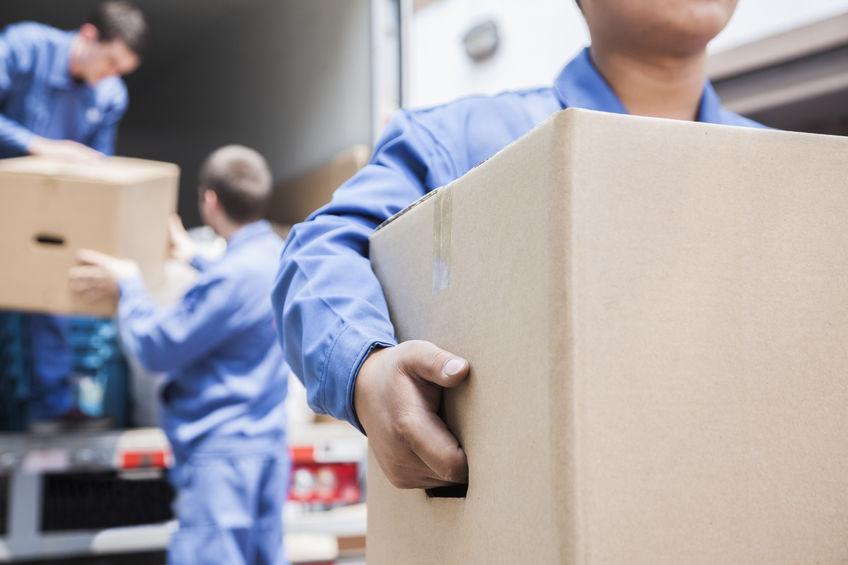
Blog
Your Essential Guide to Long-Distance Moving
Read More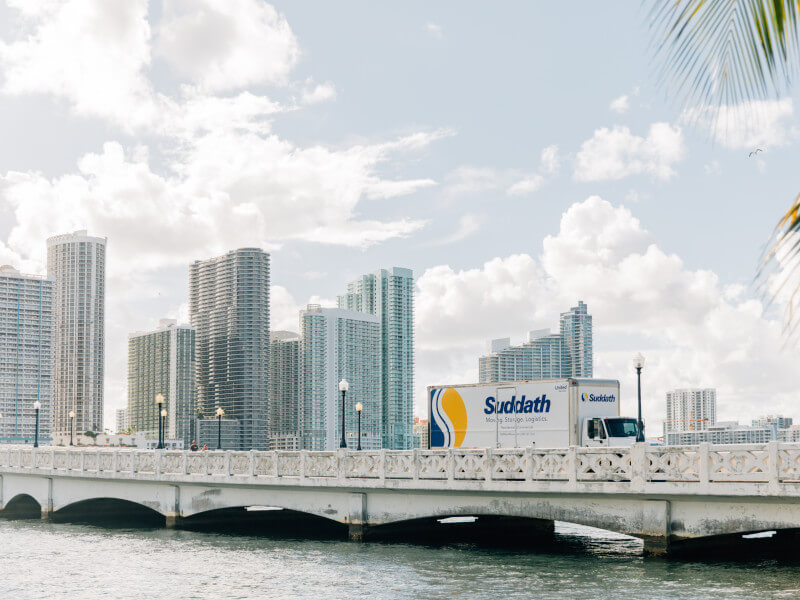
Blog
Crash or Boom: Predicting what the 2021 (and beyond) housing market will look like
Read More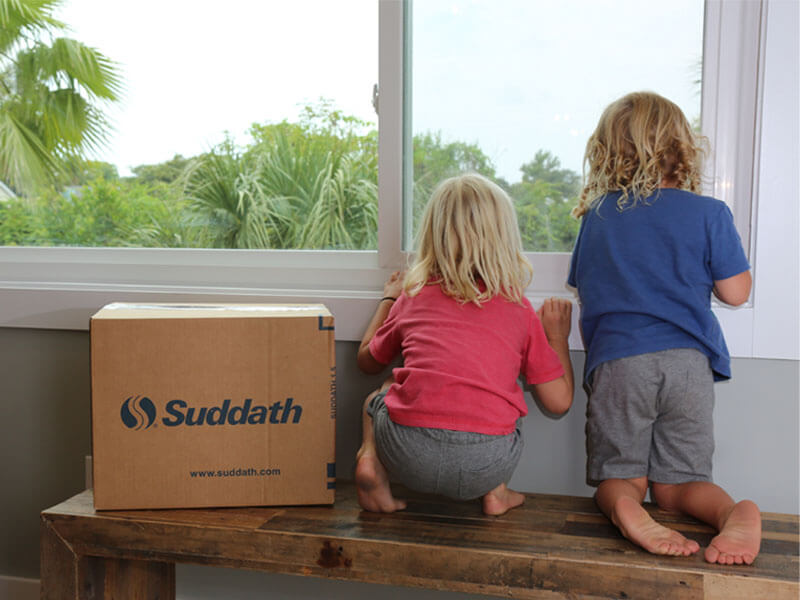
Blog
“If you could live anywhere, where would you live?” and other moving trends in 2021
Read More
Blog
Top 8 Questions Realtors Get About Home Moving
Read More
Blog
Frequently Asked Questions (and Answers) about COVID-19 and Your Move
Read More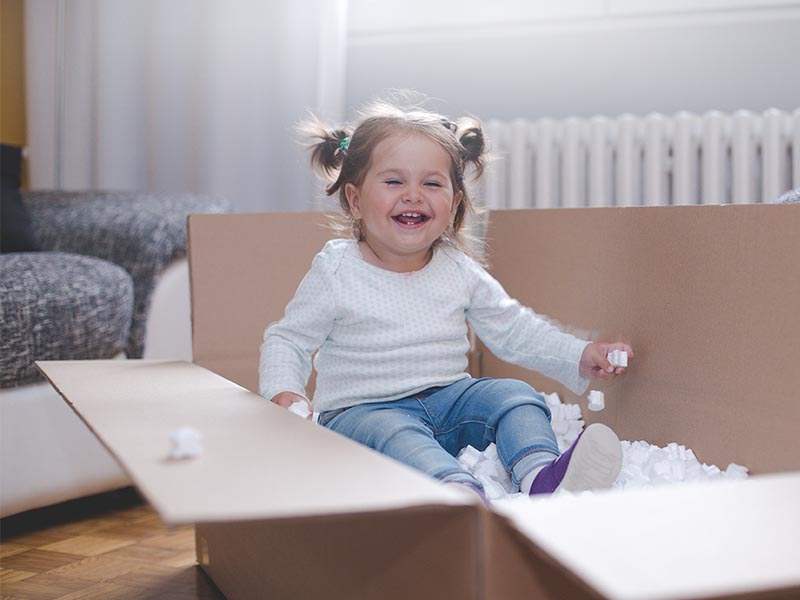
Checklist
Moving with Kids Checklist
Read More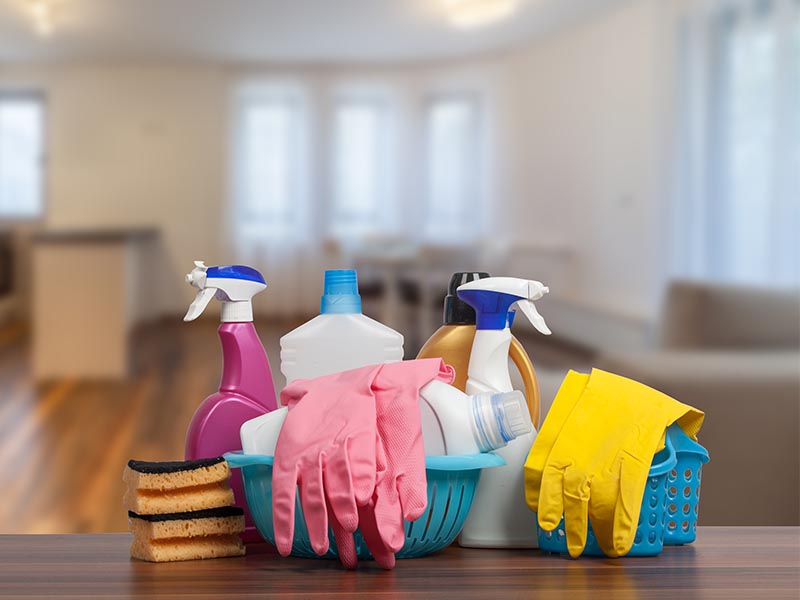
Blog
Ask a Mover: How can I prepare to move during COVID-19?
Read More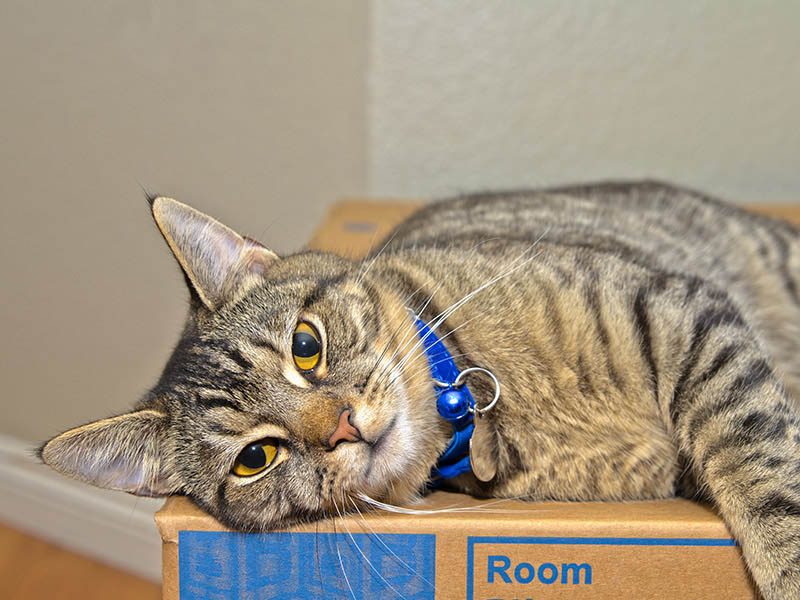
Checklist
Moving with Pets Checklist
Read More
Checklist
Moving Checklist
Read More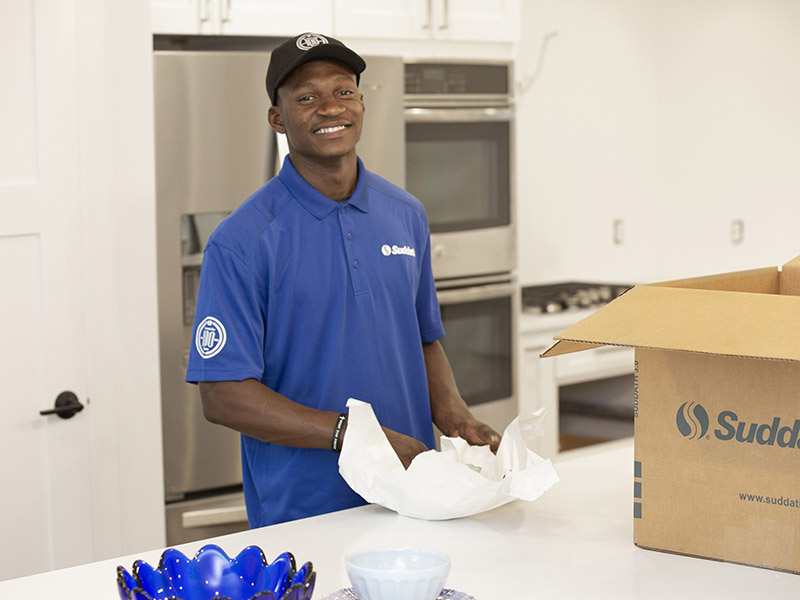
Blog
The Most Common Moving Terms
Read More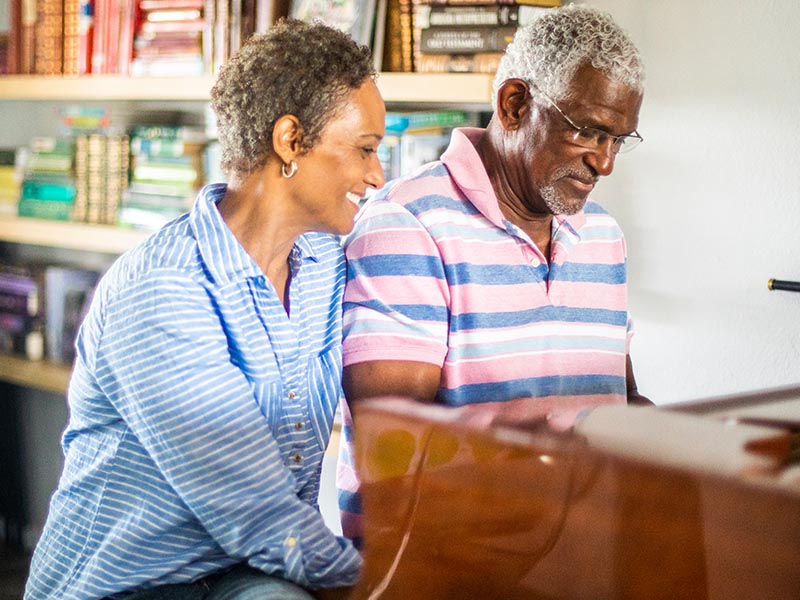
Blog
7 Special Items You Can’t Trust Just Anyone to Move
Read More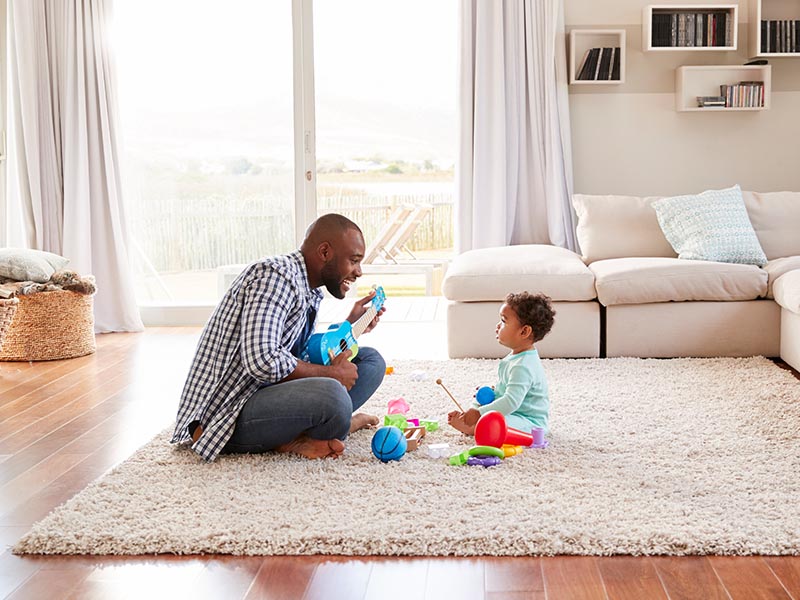
Blog
Moving with Kids: The Ultimate Guide to Staying Sane
Read More
Blog
4 Ways to Have an Eco-Friendly Move
Read More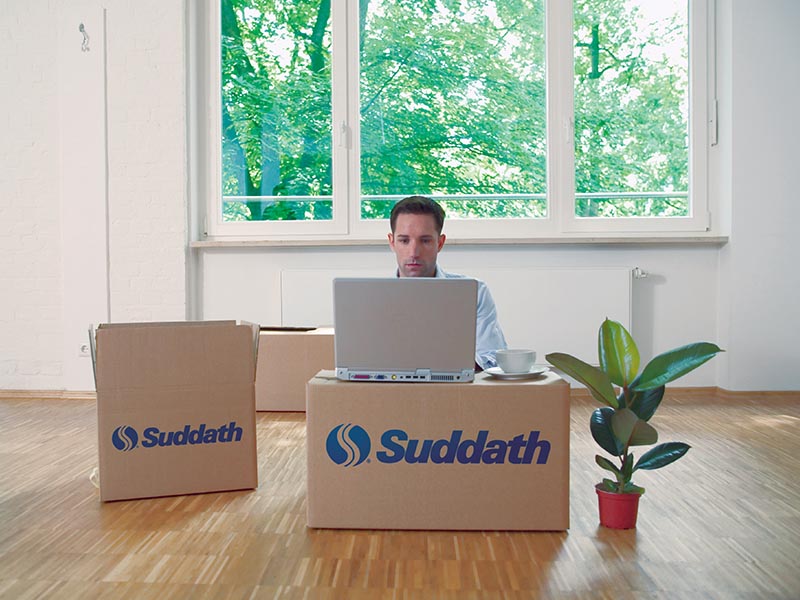
Blog
4 Things to Know About Moving When You Work from Home
Read More
Blog
Moving Tips: How to Self -Stage Your Home to Sell It Faster and at a Higher Price
Read More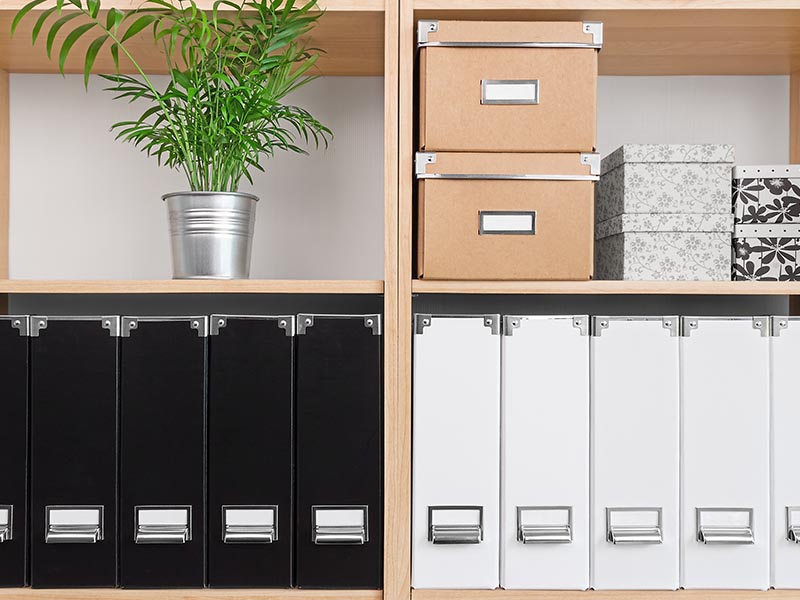
Blog
4 Tips for Organizing a Household Move
Read More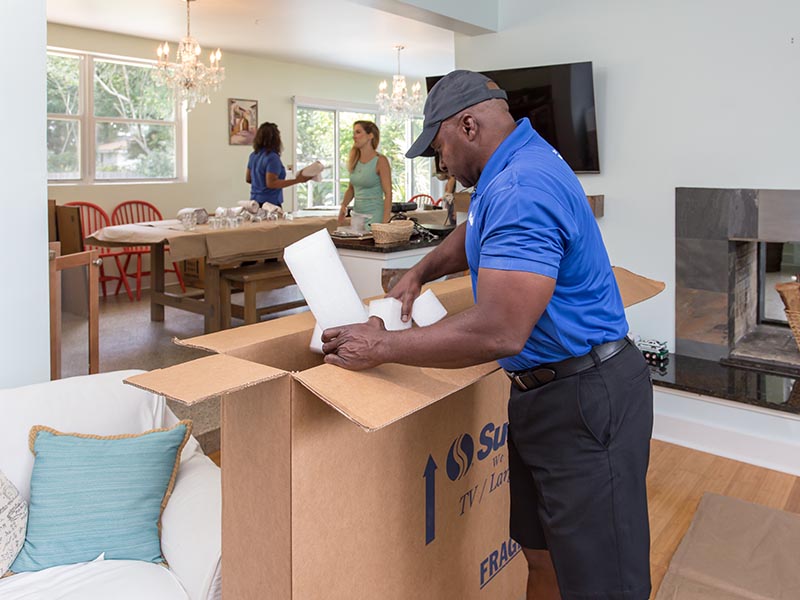
Blog
4 Easy Steps to Hiring the Best Cross-Country Mover
Read More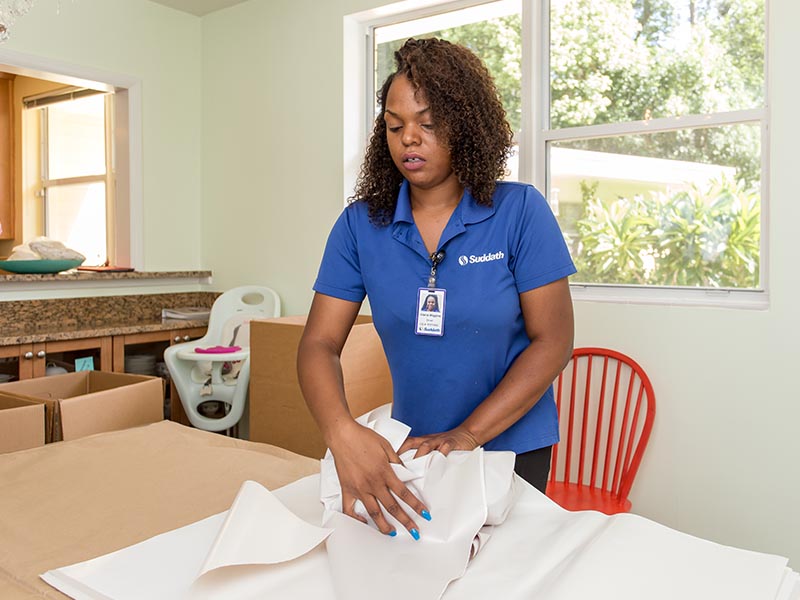
Blog
Interviewing Moving Companies? Make Sure They’re Full-Service
Read More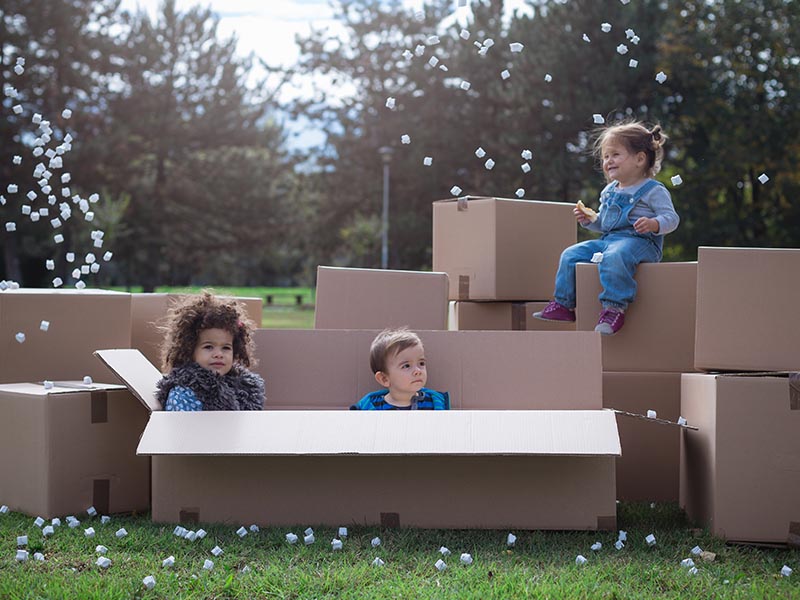
Blog
Moving Companies Q&A: What to Do with Leftover Boxes?
Read More
Blog
Downsizing Homes? Here’s What to Ask Moving Companies
Read More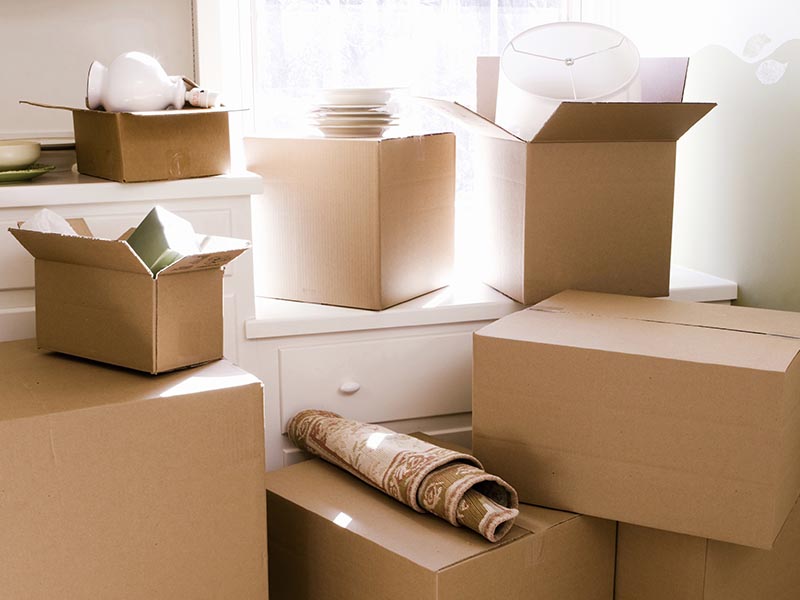
Blog
Moving Companies Q&A: How Many Boxes Do I Need?
Read More
Blog
Long Distance Movers Q&A: Tips for Snowbirds
Read More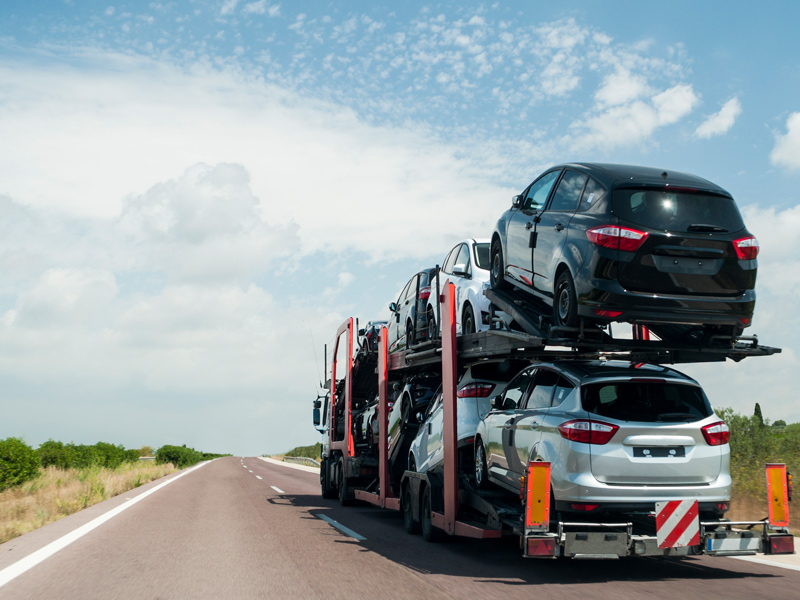
Blog
Long Distance Movers Q&A: What’s the Best Way to Move My Cars?
Read More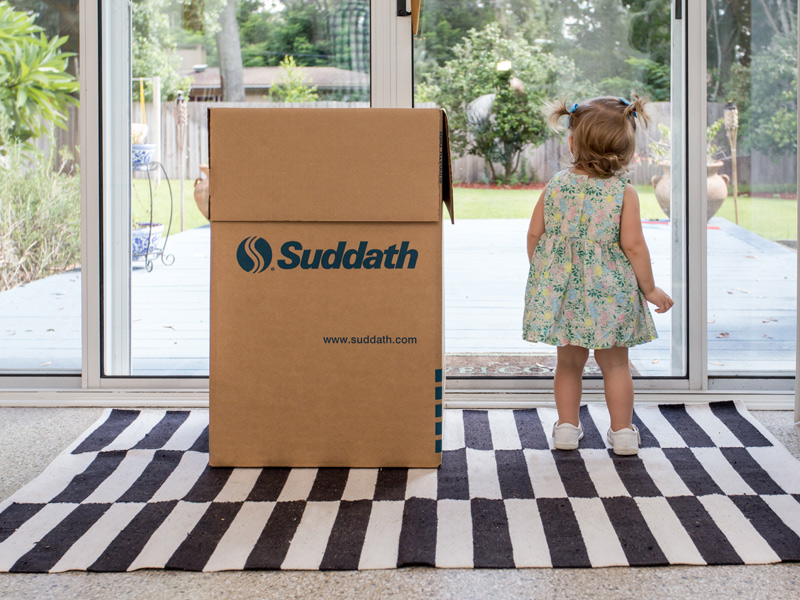
Blog
Long Distance Movers Q&A: Any Tips for Moving with Young Children?
Read More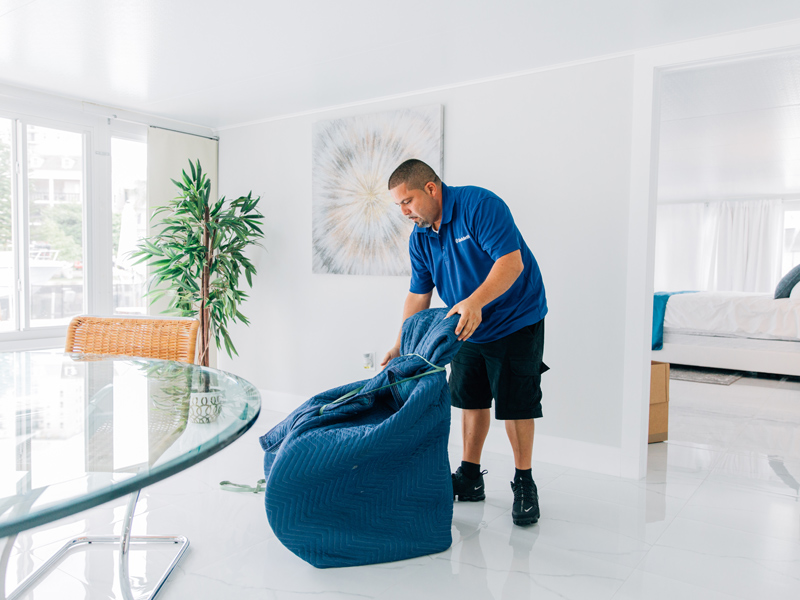
Blog
Researching Moving Companies? Make Sure They Can Handle Unique Items
Read More
Checklist
Moving Checklist: Moving with Senior Citizens
Read More
Blog
Cross-Country Movers Q&A: How Much Does It Cost?
Read More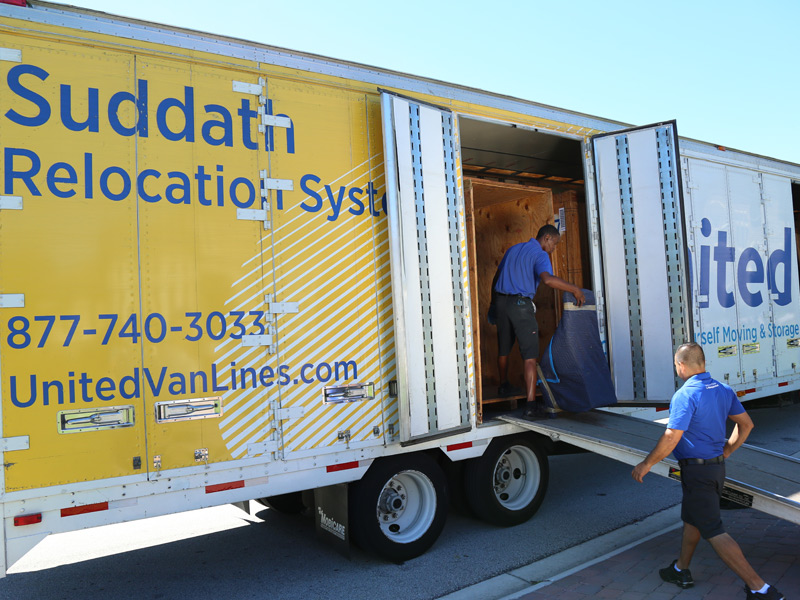
Blog
3 Questions to Ask Potential Moving Companies
Read More
Blog
How to Manage Pets During Your Move
Read More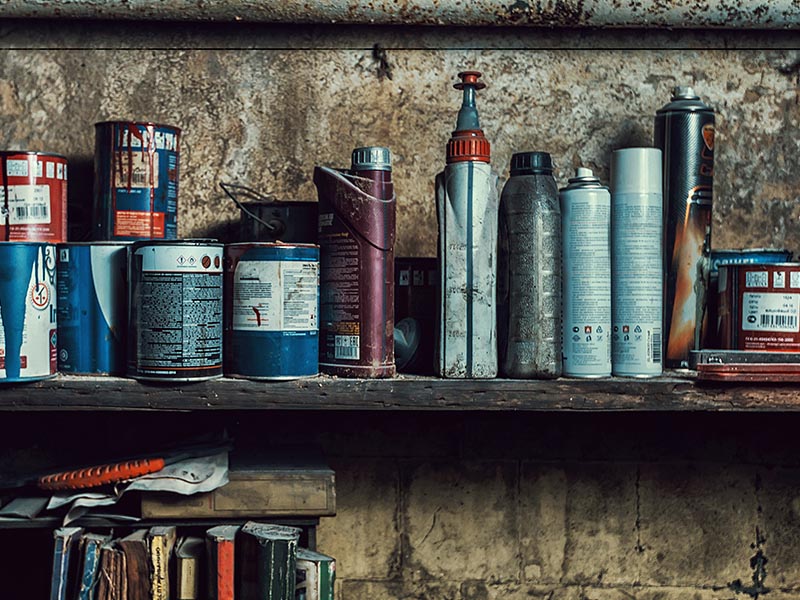
Blog
Moving Tips: Biggest Packing Don’ts
Read More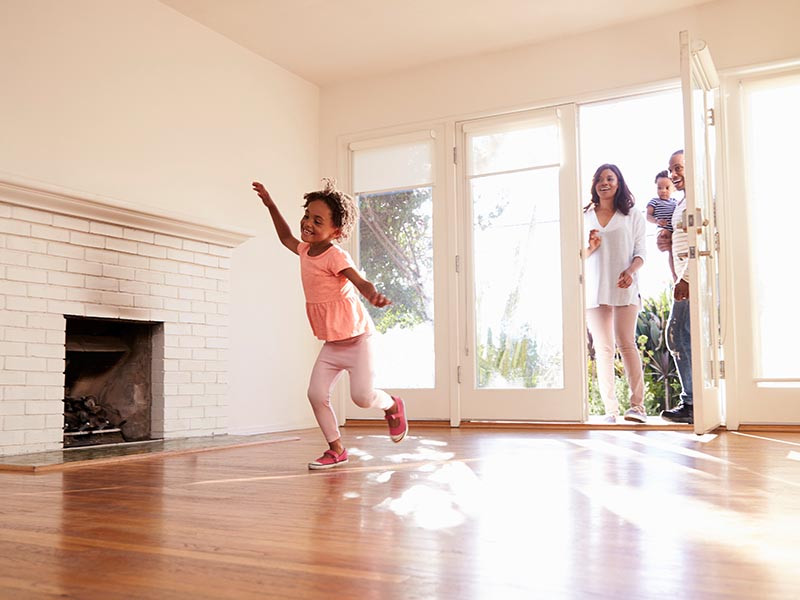
Blog
Ask the Moving Company: What Do You Need to Know About Last-Minute Moves?
Read More
Blog
Ask the Moving Company: How to Make Your New Home Move in Ready
Read More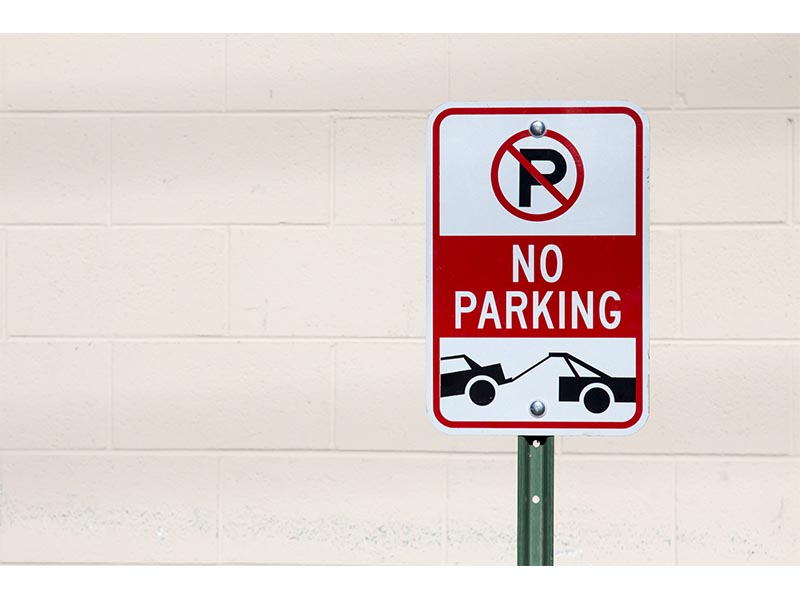
Blog
Ask the Moving Company: What Is a Moving Permit and When Do I Need One?
Read More
Blog
After the Move: Tips for Throwing a Killer Housewarming Party
Read More
Blog
International Moving: 4 Tips for Learning a New Language Quickly
Read More
Blog
Cross-Country Moving Tips: How to Get to Know Your New City
Read More
Blog
Ask the Moving Company: My Kitchen Is All Packed Up, Have Any Recipes?
Read More
Blog
After the Move: How to Make Your New House Feel like Home
Read More
Blog
What Does a Move Coordinator Do?
Read More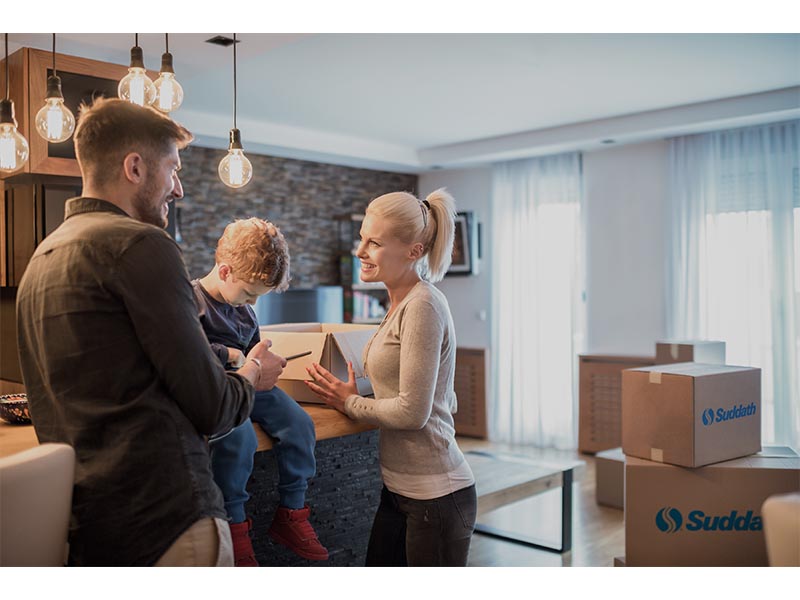
Blog
6 Things to Consider When Moving from an Apartment to a House
Read More
Blog
Impact of ELD Mandate on Moving Industry
Read More
Blog
Top 3 Things You Need to Do Before Moving Across the Country
Read More
Blog
Getting Ready to Move? Here’s How to Get an Accurate Quote
Read More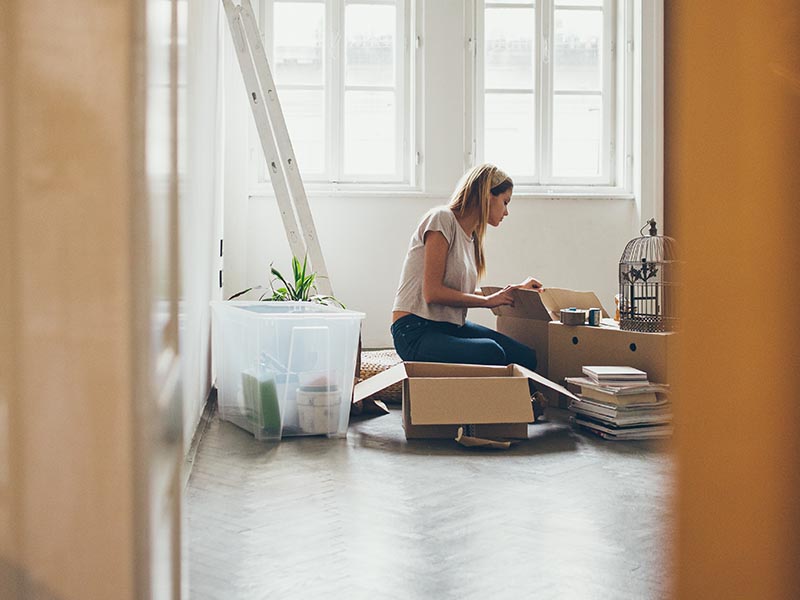
Blog
Packing Hacks for a Smooth Move
Read More
Blog
Who Do You Need to Notify When You Move?
Read More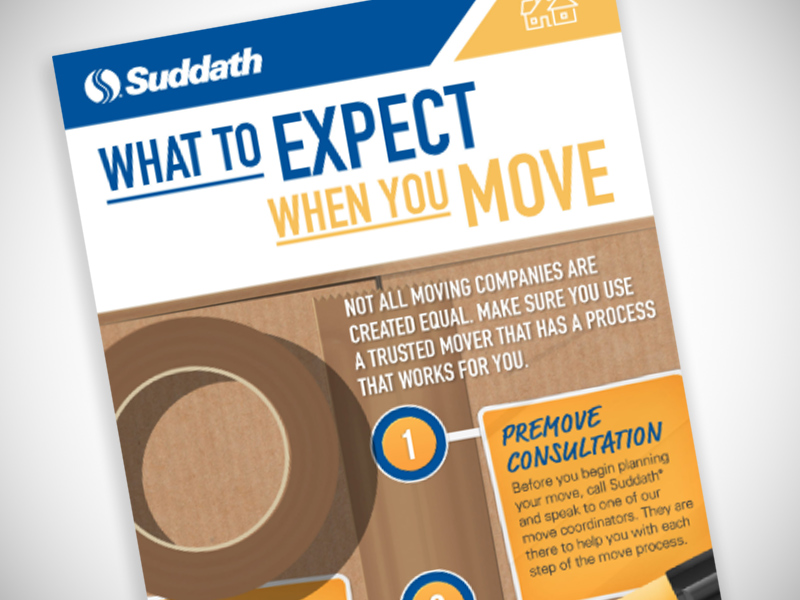
Blog
What to Expect When Moving
Read More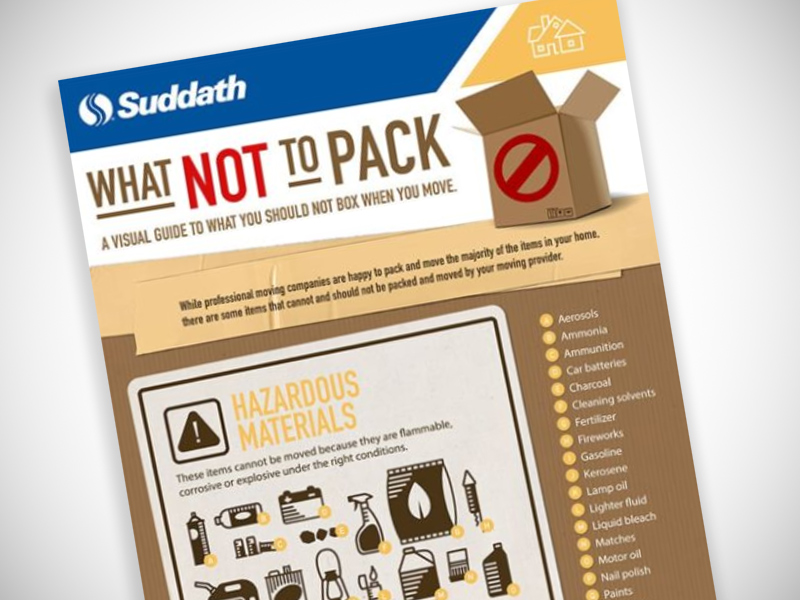
Blog
What Not to Pack When Moving
Read More
Blog
5 Tips When Moving to a Different Climate
Read More
Blog
How to Pack an Essentials Box
Read More
Blog
4 Places to Donate Your Used Belongings
Read More
Blog
3 Simple Ways to Decide Where to Move Next
Read More
Blog
Tips to Make Your Cross Country Move Feel like a Vacation
Read More
Checklist
The Checklist Every Person Should Use Before They Move
Read More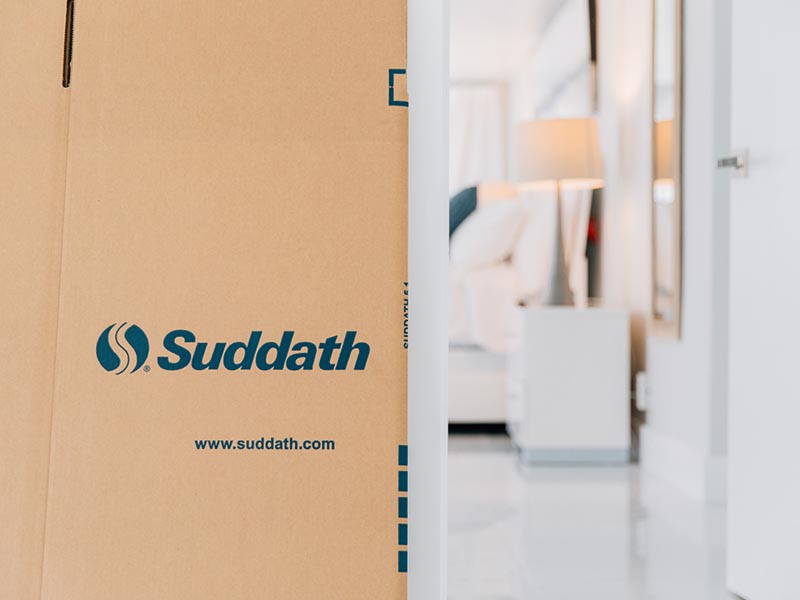
Blog
3 Simple Ways to Make Your Local Move Easier
Read More
Blog
3 Things Your Movers Should Provide You on Moving Day
Read More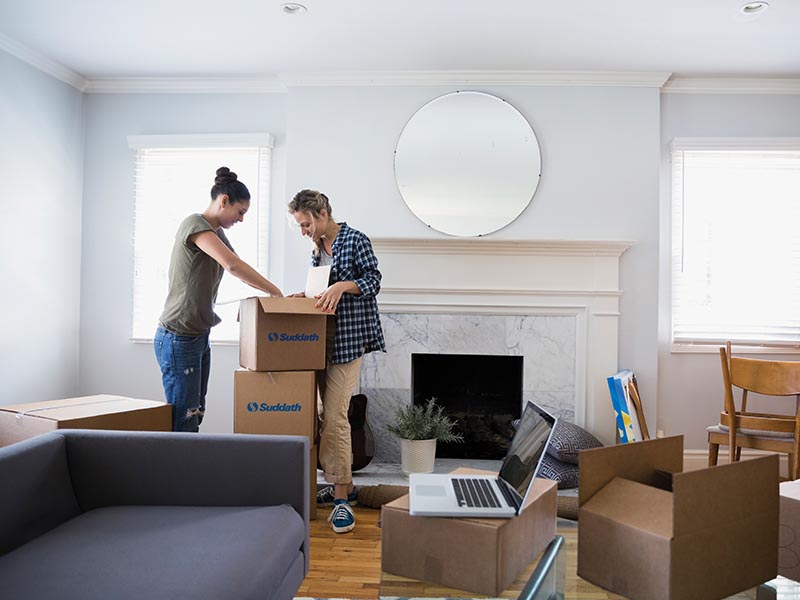
Blog
4 Important Things to Look for in a Moving Company
Read More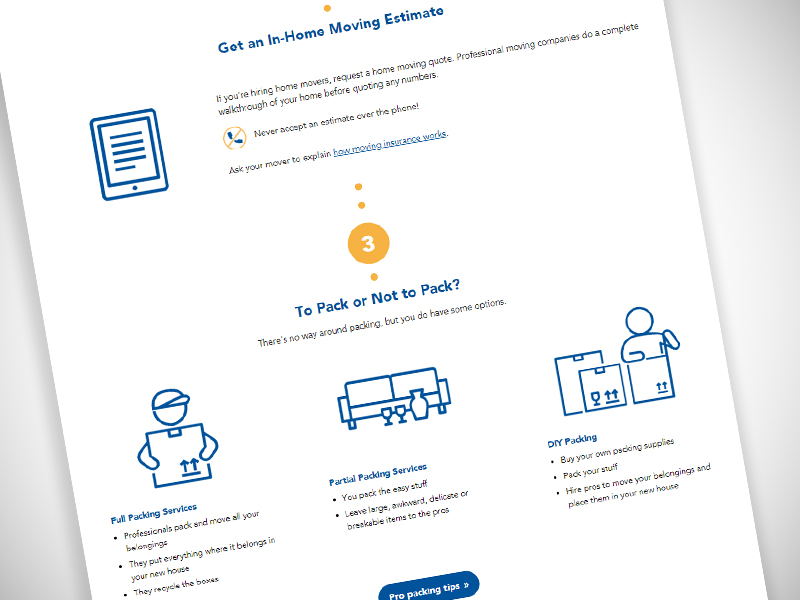
Blog
6 Steps to an Easy Home Move
Read More
Blog
3 Tips to Make Moving More Fun for Kids
Read More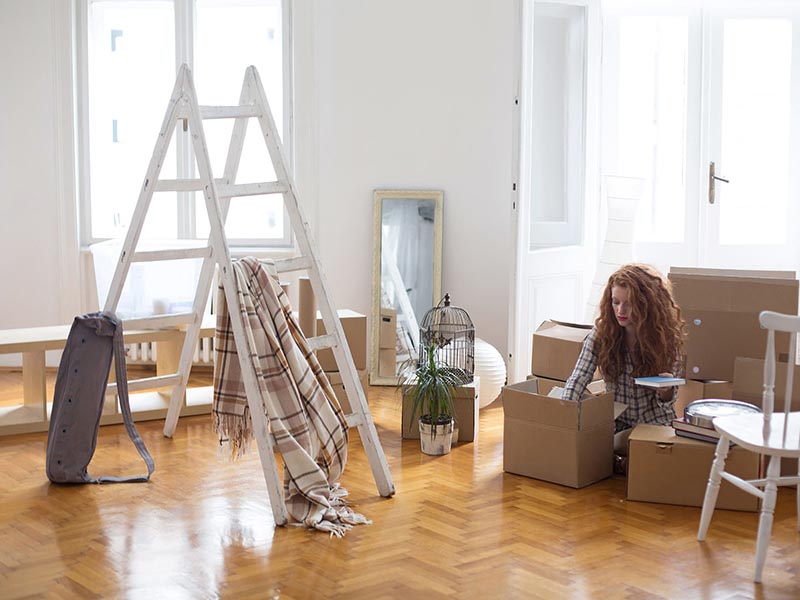
Blog
5 Moving Tips for a Summer Relocation
Read More
Blog
Top 10 Most Forgotten Steps in a Home Move
Read More
Blog
6 Storage and Moving Tips for Packing Electronics
Read More
Blog
Create a 5-Step Packing Timeline
Read More
Blog
4 Things to Consider When Choosing a Relocation Company
Read More
Blog
4 Ways to Get Organized for a Home Move
Read More
Blog
5 Ways Downsizing Helps Your Budget When Moving
Read More
Blog
The 2 Most Important Things to Know About Documentation When Moving
Read More
Blog
6 Ways to Save Money on Your Relocation
Read More
Blog
3 Things Never to Pack to Keep You and Your Mover Safe
Read More
Blog
4 Essential Gadgets for Long Distance Drivers
Read More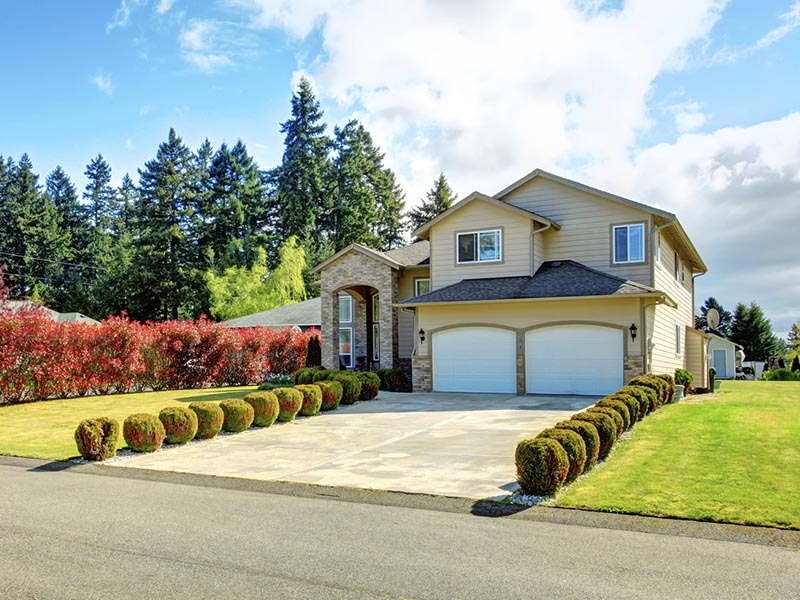
Blog
3 Ways to Declutter Your Garage Before Moving
Read More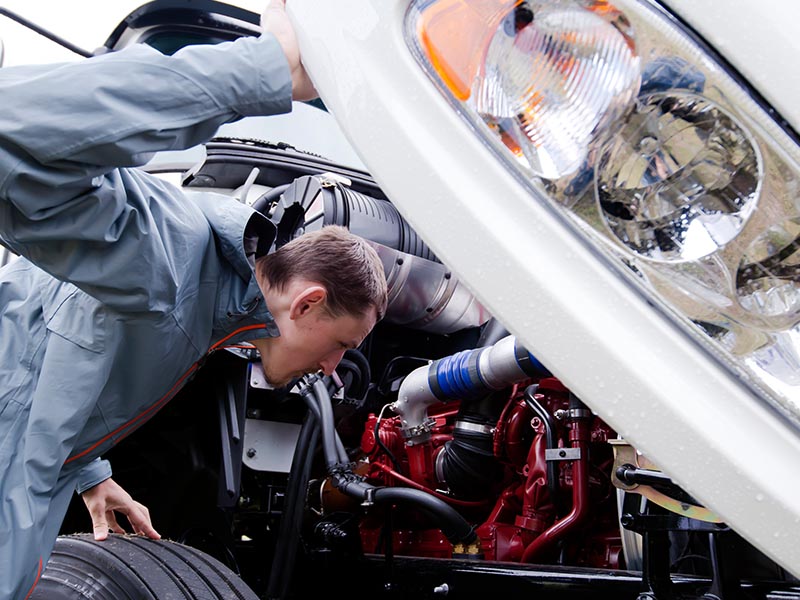
Blog
8 Apps for Professional Van Operators
Read More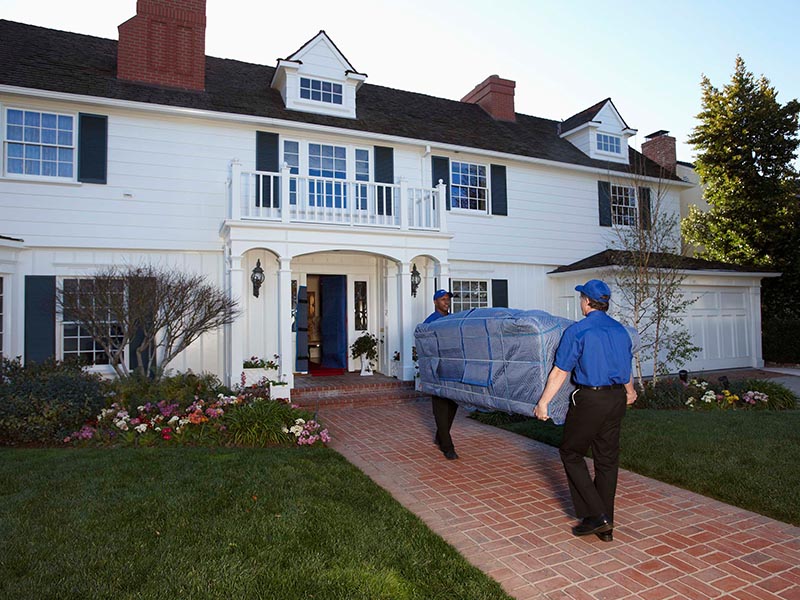
Blog
7 Ways to Stay Safe When Moving Heavy Items Upstairs
Read More
Blog
3 Ways Mobile Apps Can Help You Move
Read More
Blog
4 Tips for Moving into a Loft Apartment
Read More
Blog
13 DIY Halloween Moving Box Costume Ideas
Read More
Blog
5 Unexpected Moving Delays
Read More
Blog
Less Is More: Downsizing Your Home in 5 Steps
Read More
Blog
5 Signs of Disreputable Movers
Read More
Blog
5 Things to Consider When Choosing a Moving Date
Read More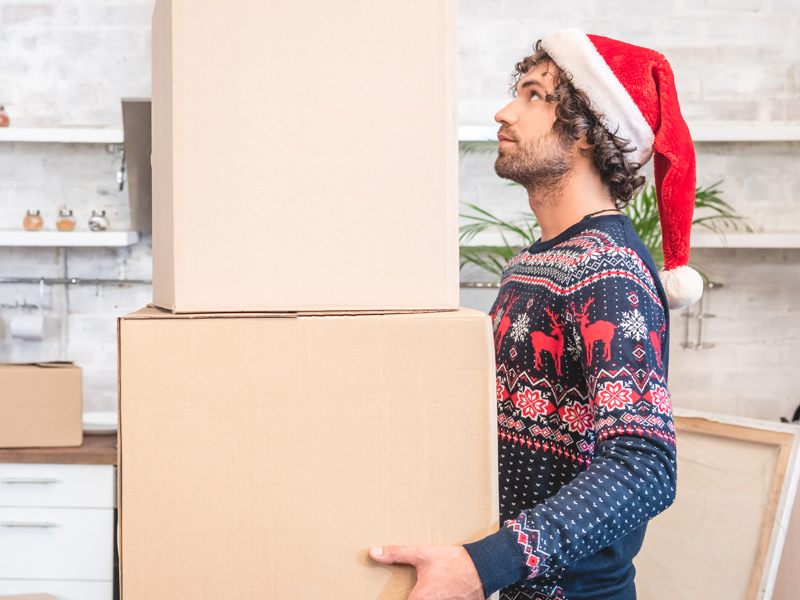
Blog
6 Things to Know About Moving on a Holiday Weekend
Read More
Blog
5 Ways to Make Sure a Moving Company Is Legitimate
Read More
Blog
5 Tips for Moving in the Summer
Read More
Blog
Moving for Work? Here are 6 Things to Find out About Your New Home
Read More
Blog
The 6 Questions to Ask When Budgeting for a New Home
Read More
Blog
4 Tips for Moving in the Rain
Read More
Blog